Initially, during the first few centuries of the Christian era, like St. Jude,
Jewish and Christian writers accepted Enoch's storyline as valid...
(Please note: The point here is not that these writers were correct or understood the Scriptures properly. The point is to show the Book of Enoch's underlying ideas were widely accepted).
{Memes thanks to James Heinz!} |
|---|
 |
 |
 |
 |
| | | | |
 |
 |
 |
 |
| | | | |
 |
 |
 |
 |
| | | | |
 |
 |
 |
 |
| | | | |
 |
 |
 |
 |
| | | | |
 |
 |
 |
 |
It took almost four centuries, but later writers did their best to supress the book, and cast it out. This happened as Greek philosophical assumptions which place spirit in opposition to matter began to control Christian ideas. |
|---|
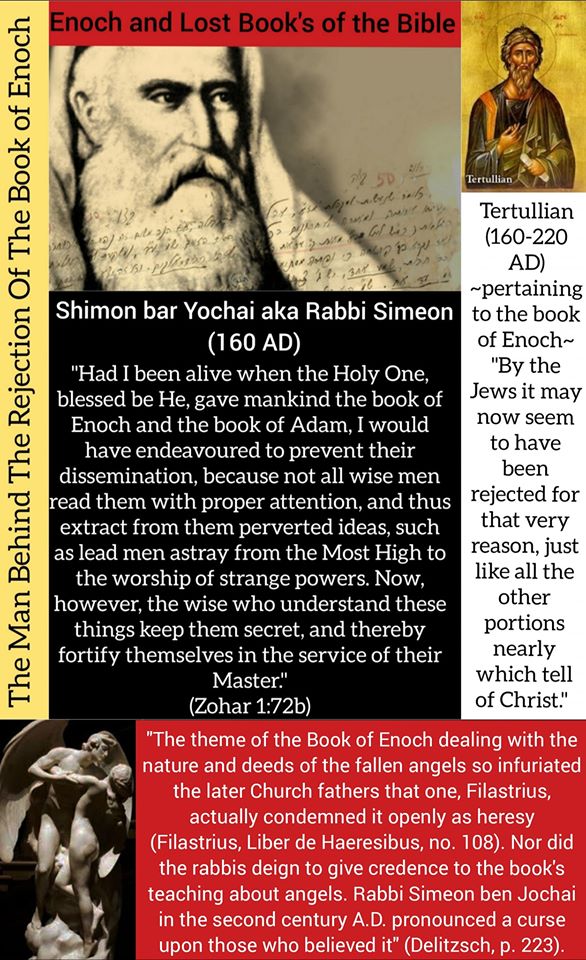 |
 |
 |
 |
| | | | |
 |
 |
 |
 |
Another strategy was to “re-write” the Enochan storyline so as to “air-brush” out, remove, or explain away the fornication of the angels... |
|---|
 |
 |
 |
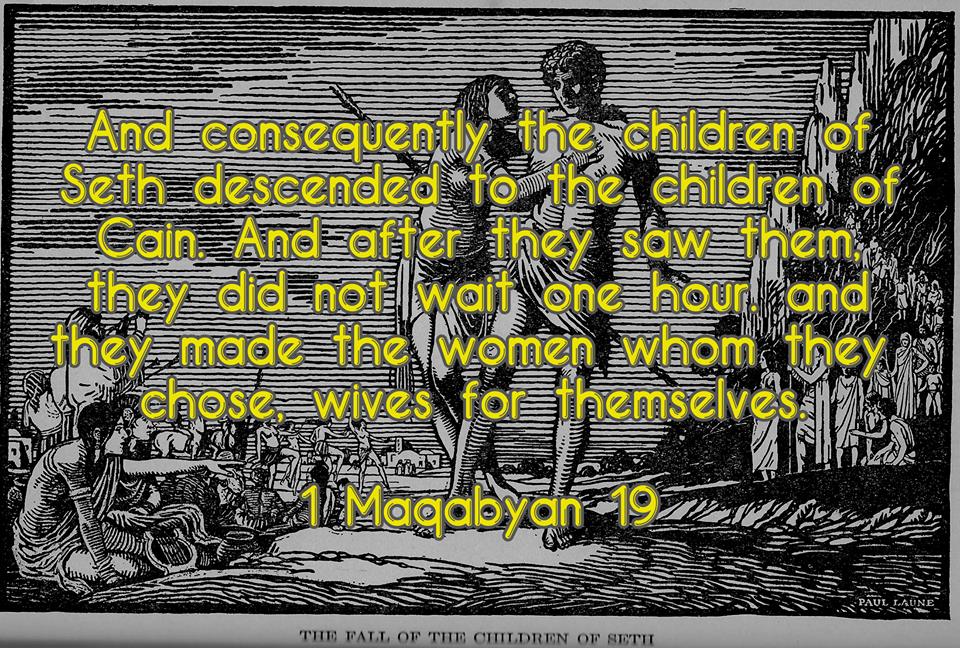 |
As a result, Christians in Europe and the East
were unable even to read the Book of Enoch for themselves... |
|---|
 |
 |
 |
 |
Before the first century AD, however, ALL Jewish written sources supported the Enochan storyline... |
|---|
 |
 |
 |
 |
| | | | |
 |
 |
 |
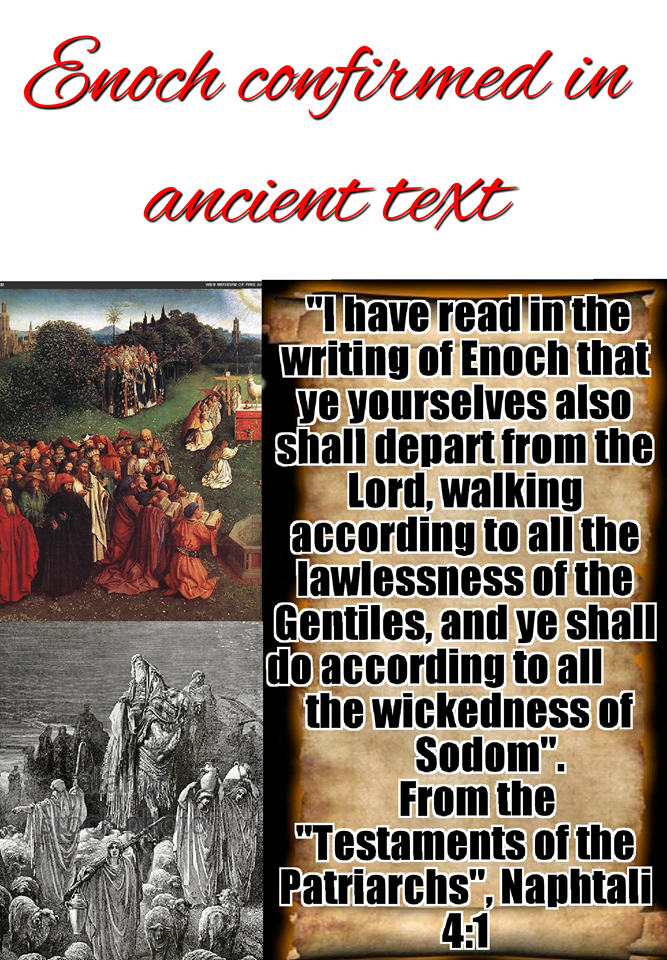 |
| | | | |
 |
 |
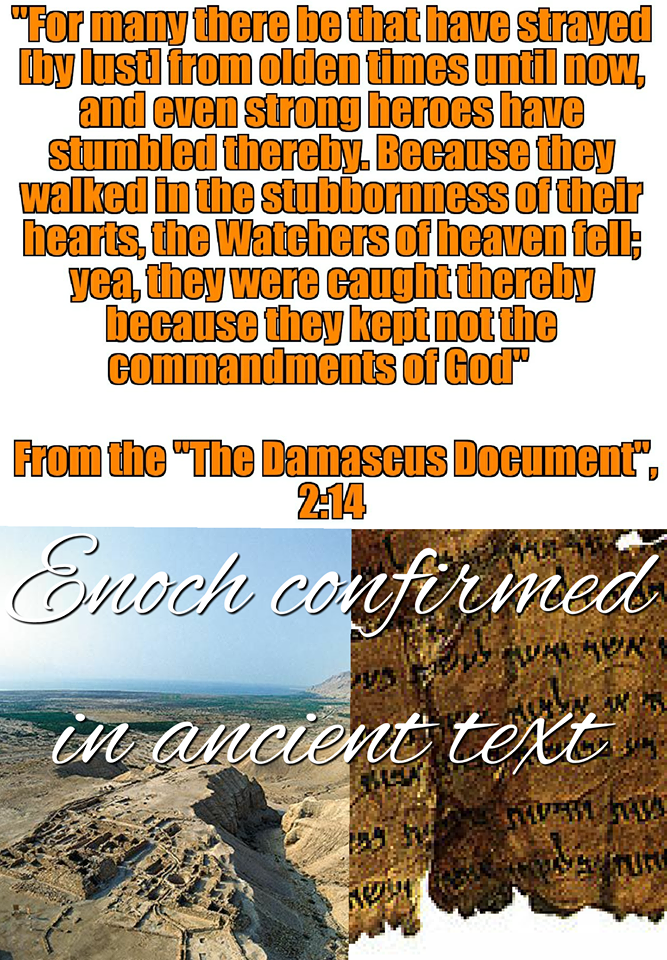 |
 |
But never forget, the bottom line is, the New Testament itself cites the Book of Enoch and is full of an uncounted number of references and allusions to it. |
|---|
 |
 |
 |
 |
| | | | |
 |
 |
 |
 |
| | | | |
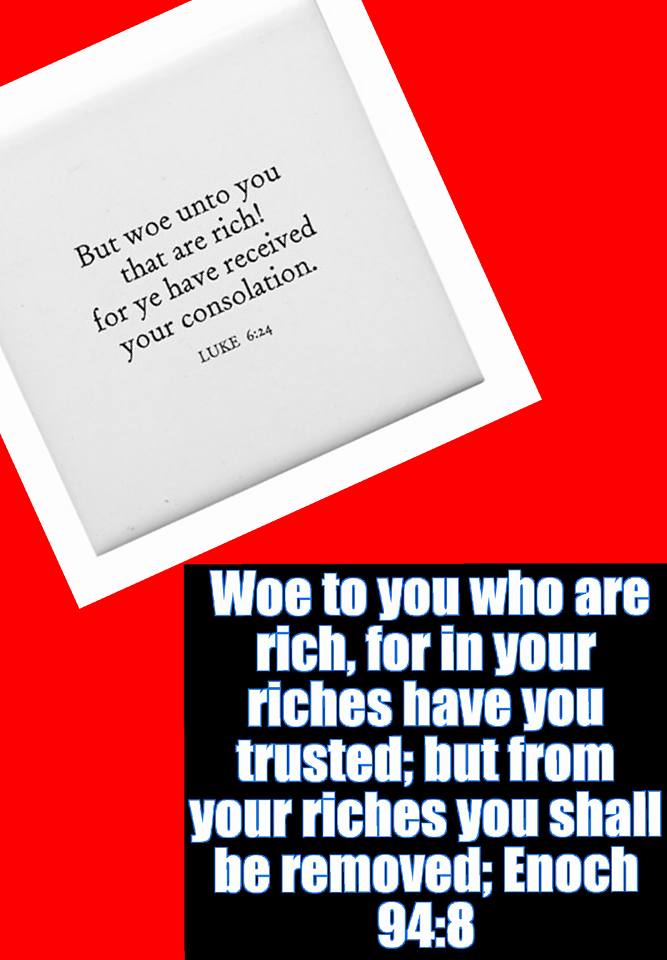 |
 |
 |
 |
| | | | |
 |
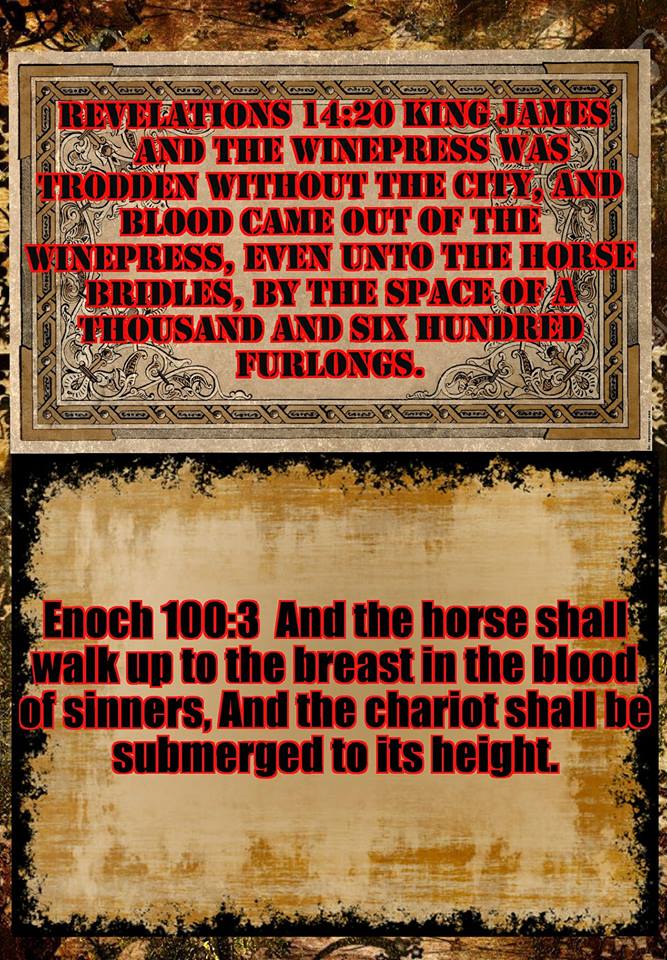 |
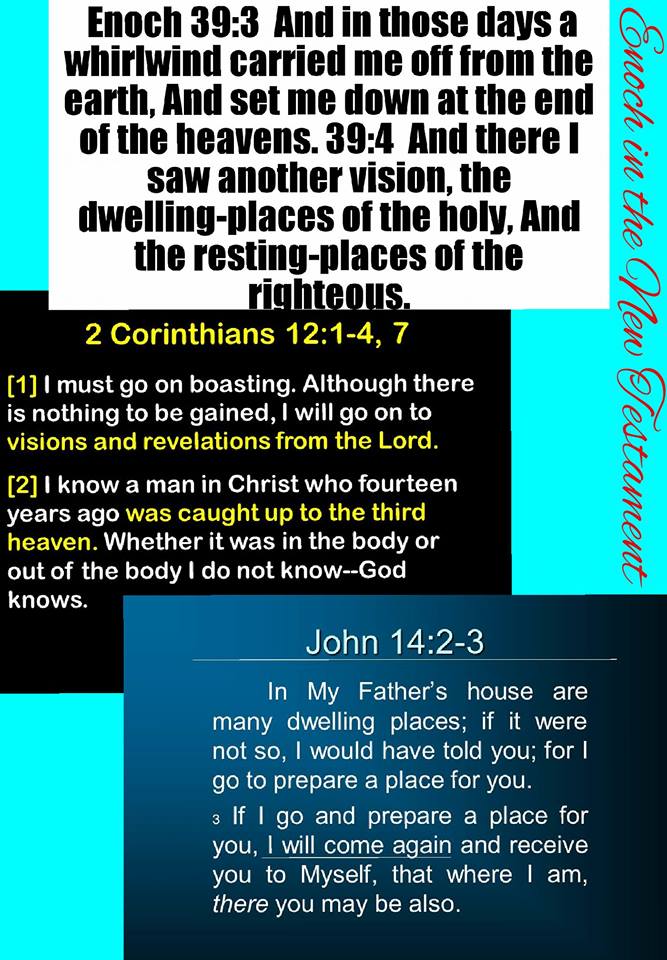 |
 |
| | | | |
Now read what the early Christian writers thought about
the books people today call “Apocrypha!”: More.TheBookofEnoch.Info
|
|



































































